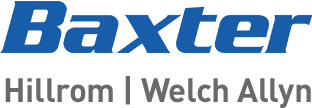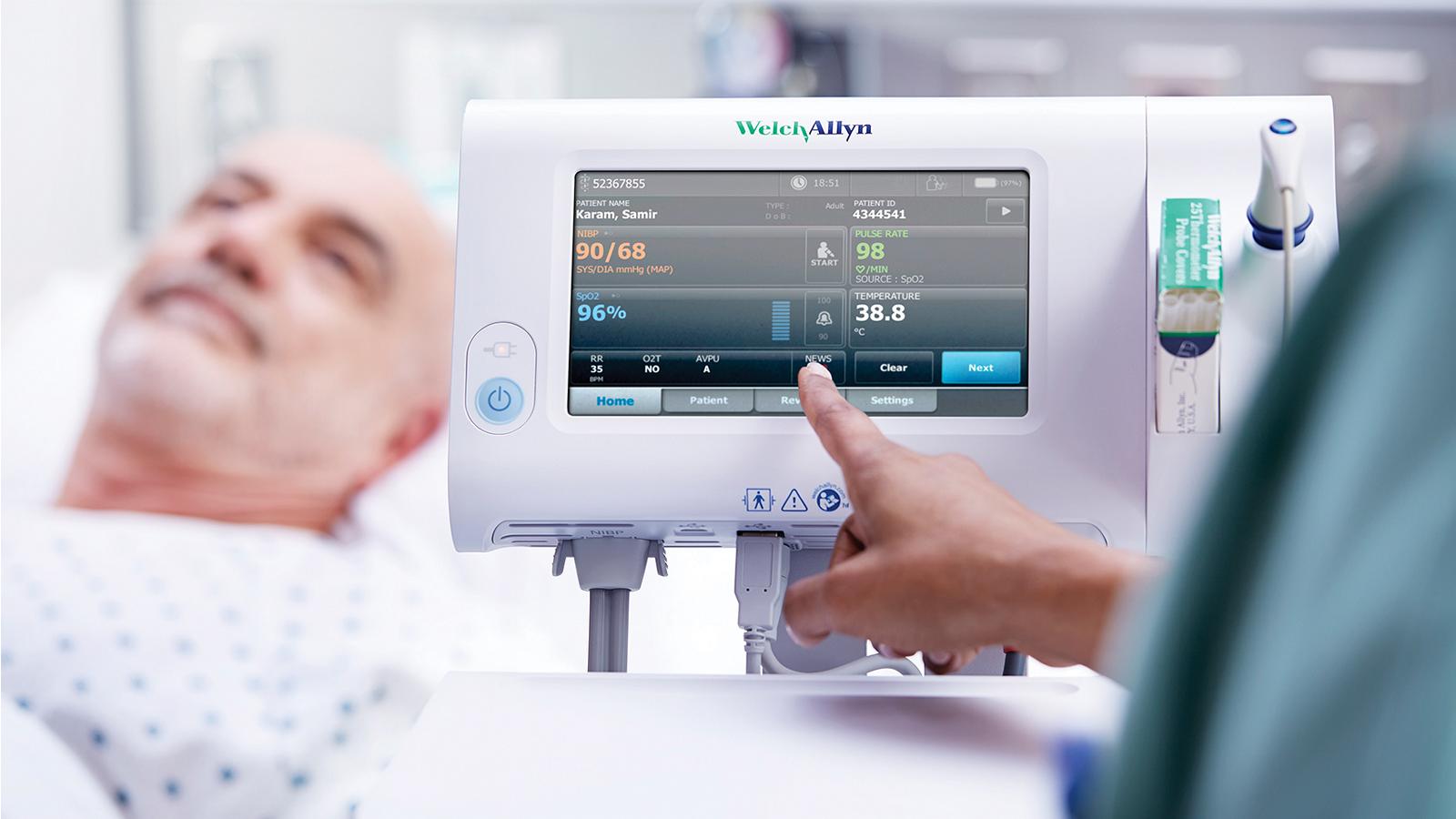Improve Clinical Communications for Increased Patient Satisfaction and Safety
50-80% of sentinel events are due to communication failures.1
They can also cause adverse events like falls—impacting patient outcomes, HCAHPS scores and more.2
When care teams are connected, they can spend less time on disjointed communication and more time with their patients. With powerful results:
fewer falls3
faster response times4
higher HCAHPS scores5
more time spent on direct patient care6
60%
fewer falls3
81%
faster response times4
21%
higher HCAHPS scores5
30%
more time spent on direct patient care6
*Percentages are dependent upon customer/facility and products in use/installed.
Improve Caregiver Efficiency
When patient acuity levels rise on general care floors—but staffing levels do not—clinicians can find themselves stretched thin.
Higher workloads can mean delays and errors in communication and manual data entry processes. And when those delays and errors involve patient data, the problem can change from lost time to lost lives in a heartbeat.
Hospitals that automate communication—whether it’s between clinicians or between devices and EMRs—have seen significant improvements in time savings, accuracy and clinical workflows:
reduction in communication failures8
messages sent per year between EHR and Nurse Call10
72 minutes
saved per round by sending vital signs data to the EMR7
59%
reduction in communication failures8
40 mins to 1
reduction in vital signs data latency in the EMR9
5.5M+
messages sent per year between EHR and Nurse Call10
*Percentages are dependent upon customer/facility and products in use/installed.









